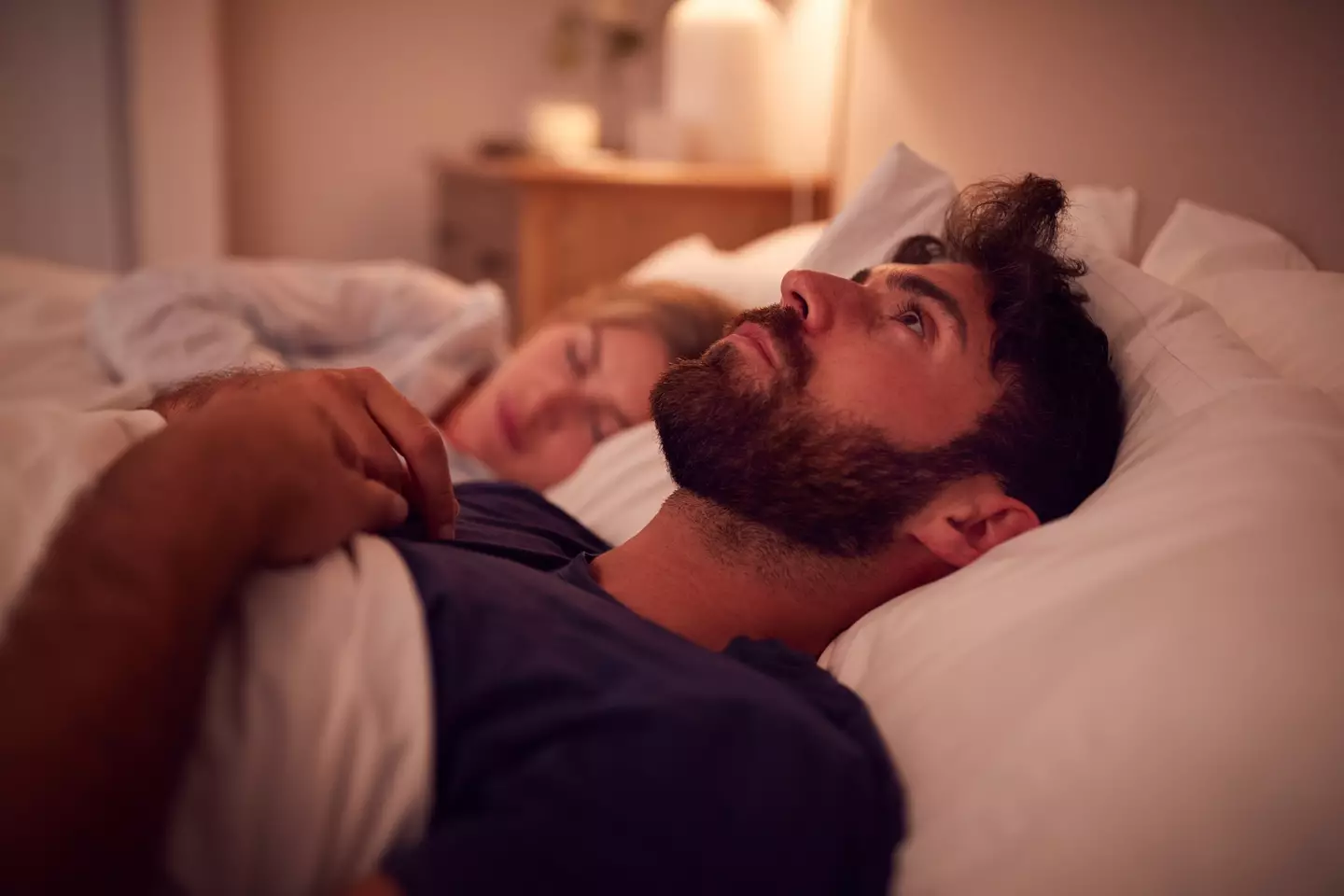
Coffee is the backbone of many of our mornings. In the UK alone we get through 98 million cups of the stuff each day, and luckily it seems as though it’s doing us some good.
A recent study found a strong correlation between regular coffee consumption and healthier ageing, with coffee-borne caffeine and various other compounds seemingly helping to protect against chronic illnesses.
However, that doesn’t mean we should be drinking as much as we can.
For one, caffeine remains in your system for between eight and 12 hours depending on your metabolism, so you should ideally stop ingesting the stuff 12 hours before you go to bed.
Advert

Caffeine works by blocking the tiredness receptors in your brain, and so when it’s active it impedes things like melatonin release and makes it hard if not impossible for you to fall asleep.
That isn’t the only timing-based consideration, with dietician and exercise physiologist Natalie Olsen highlighting another important coffee theory whilst writing for Healthline.
Apparently, drinking coffee too soon after waking up can minimise its energising effects.
When you wake up, your body releases cortisol to spur you out of sleepiness. Cortisol is also known as the stress hormone, and like adrenaline it helps to increase your alertness and focus as well as having a big role to play in your metabolism, immunity, and blood pressure.
“The hormone follows a rhythm specific to your sleep-wake cycle, with high levels that peak 30–45 minutes after rising and slowly decline throughout the rest of the day,” Olsen explained.
“That said, it has been suggested that the best time to drink coffee is mid- to late-morning when your cortisol level is lower.
“For most people who get up around 6:30 a.m., this time is between 9:30 and 11:30 a.m.”
In other words, allowing your body’s natural stimulant to do its thing first means you can experience coffee’s full effects later on.
That said, Olsen noted that no studies thus far ‘have observed any superior energizing effects with delaying your morning coffee, compared with drinking it immediately upon rising.’

So, yeah… for now you can just stick with whatever is working for you.
However, if you’re particularly dependent on caffeine and coffee more generally, you might want to consider cutting back if you’re experiencing the negative effects.
High caffeine consumption has been linked with increased anxiety, gastrointestinal discomfort, diarrhoea, and an elevated heart rate. If you’re suffering these issues, you may benefit from paring back the coffee and allowing your caffeine tolerance to come down a bit.
